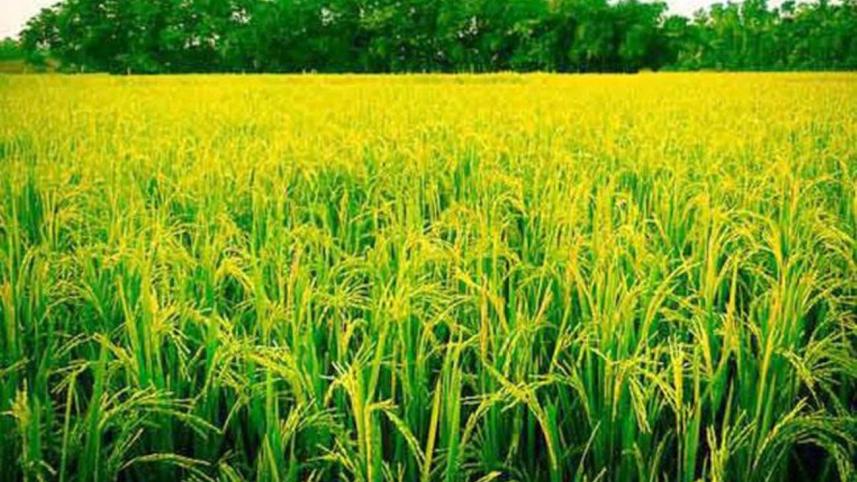Remove barriers to direct rice purchase from farmers

After last year's debacle in procuring rice from the farmers, many of whom struggled to break even after being forced to sell rice at very low prices, it is heartening to know the government is taking steps to help them get fair prices this time around. It has reportedly decided to purchase eight lakh tonnes of Boro paddy (at Tk 26 per kg) directly from farmers starting from April 26. Last year, the amount was four lakh tonnes. If implemented, the increase will bring "price support" to the doorstep of many more farmers. Add to that the 11.5 lakh tonnes of milled rice to be procured from the millers from May 7 onwards. The harvest of Boro, the principal crop of the country, has already begun in the haor areas of Mymensingh and Sylhet divisions. In other regions, it will start from early May.
However, there are deep reservations about the effectiveness of the government's existing procurement process of selecting rice-growers through lottery. The lottery system allegedly benefits non-farmers such as traders and local political men, instead of small and marginal farmers and sharecroppers. According to farmers, political connections or bribes are often required to make it to the lottery list. Besides, farmers often cannot bring the moisture content of their freshly cut paddy below the required 14 percent, forcing them to sell their produce to the millers and middlemen at lower prices. If past trends hold and the current moisture content regulation is not relaxed, an otherwise well-intentioned initiative will fail to reach its goal. The government should heed calls for reforms in its procurement system and eliminate the middlemen in the trade by setting up purchasing centres in large paddy haats and buying it directly from the farmers—who are already staring down the barrel of a crisis thanks to inclement weather, shortage of harvest workers as well as impending flash floods.
Removing the barriers in rice procurement—and indeed production—is extremely important. Farmers need to be kept motivated particularly because they are the ones who stand between a possible famine (caused by the coronavirus) and our food security in the future. The PM has already voiced her concerns about this and urged all concerned to produce more food and keep sufficient stock of food grains in the country. The need for initiatives and reforms reflective of this urgency cannot be overemphasised.



 For all latest news, follow The Daily Star's Google News channel.
For all latest news, follow The Daily Star's Google News channel.
Comments